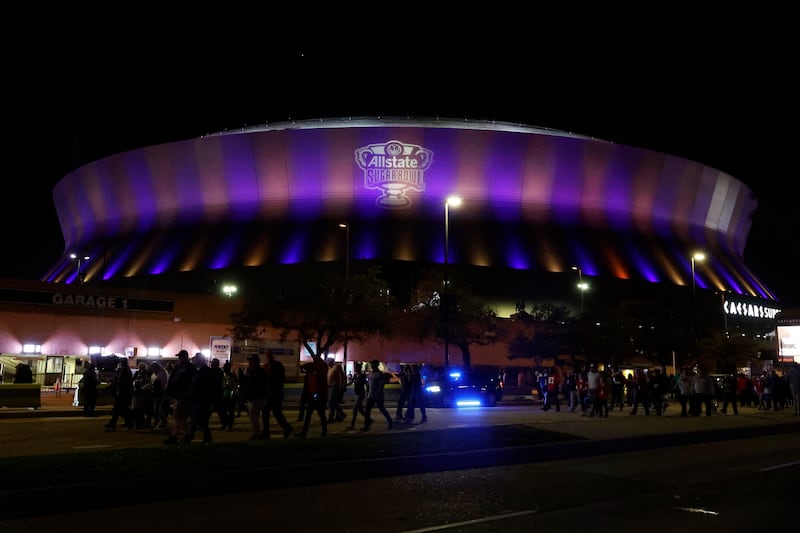The Super Bowl LVIII generated an economic impact of one billion dollars for Las Vegas, consolidating the city as one of the most important destinations for large-scale events. Although Las Vegas is accustomed to hosting big shows, its first Super Bowl exceeded all expectations.
PUBLICIDAD
According to Ronn Nicolli Jr., director of marketing at Resorts World Las Vegas, consumer demand, energy, and spending were historic.
PUBLICIDAD
The Super Bowl is not only the major sports event, but also a great commercial moment.
The statistics compiled by the Las Vegas Convention and Visitors Authority and Applied Analysis revealed that visitor gross spending exceeded $877 million, with an average of $2,660 per person, more than double what an average visitor spends.

The economic impact was not limited to game day. Starting from the beginning of the week, events such as the opening night at Allegiant Stadium and the Super Bowl experience at the Mandalay Bay Convention Center attracted hundreds of thousands of fans. In total, over 260,000 people visited Las Vegas exclusively to experience the Super Bowl atmosphere, without attending the game.
Hotels and casinos saw record numbers in reservations and consumption. Resorts World, for example, sold out its rooms months in advance and generated revenue equivalent to that of an entire month in just five days. In total, close to 289,000 hotel nights were booked due to the event.
The impact of Super Bowl LVIII was also reflected in transportation. The Monday after the game, Harry Reid International Airport set a historic record by serving 104,000 passengers in a single day.
At the state level, the event generated approximately $33.6 million in taxes from gaming-related activities, lodging, and sales.
Compared to Super Bowl LVII in Arizona, which generated 1.3 billion dollars in economic activity, Las Vegas demonstrated its ability to compete with other iconic event destinations. With these results, it is very likely that the city will host the event again in the future.

The economic impact of the Super Bowl goes beyond Las Vegas. Throughout the U.S., bars, restaurants, and retailers experience an increase in sales of food, beverages, and game-related products.
The National Retail Federation estimated that total consumer spending on Super Bowl LVIII would reach $17.3 billion, with an average of $86.04 per household on essential celebration items.
The Super Bowl, in addition to being a sporting event, is a powerful economic engine, benefiting both the host city and the national economy.
